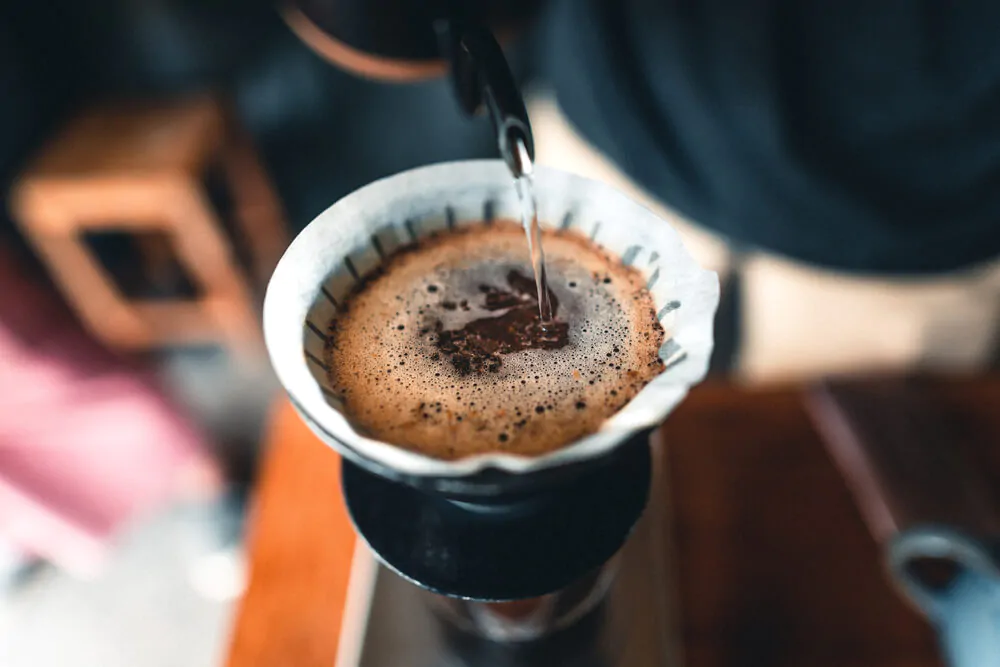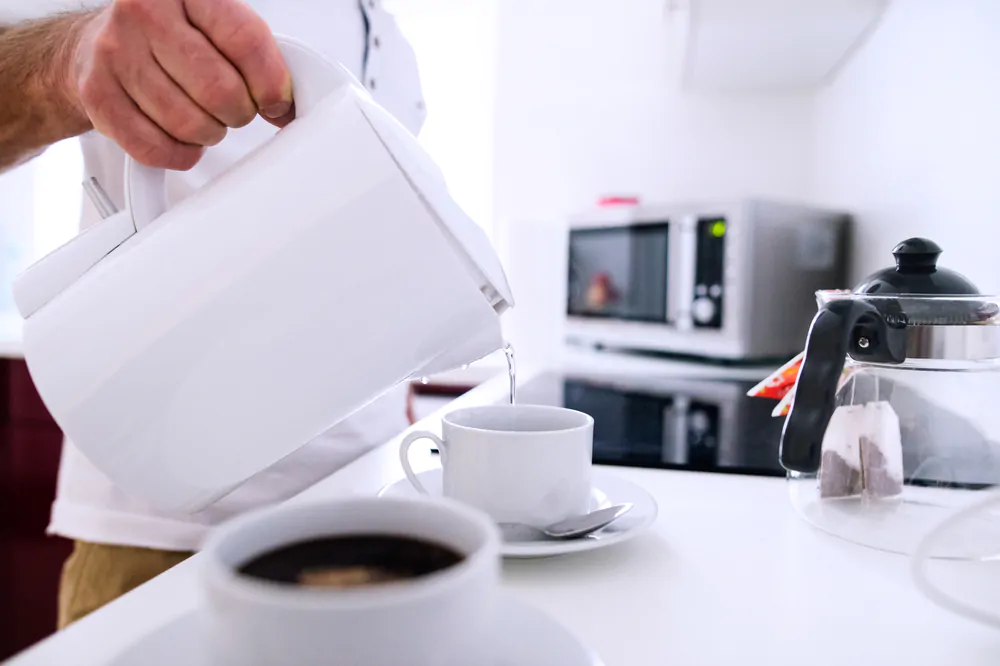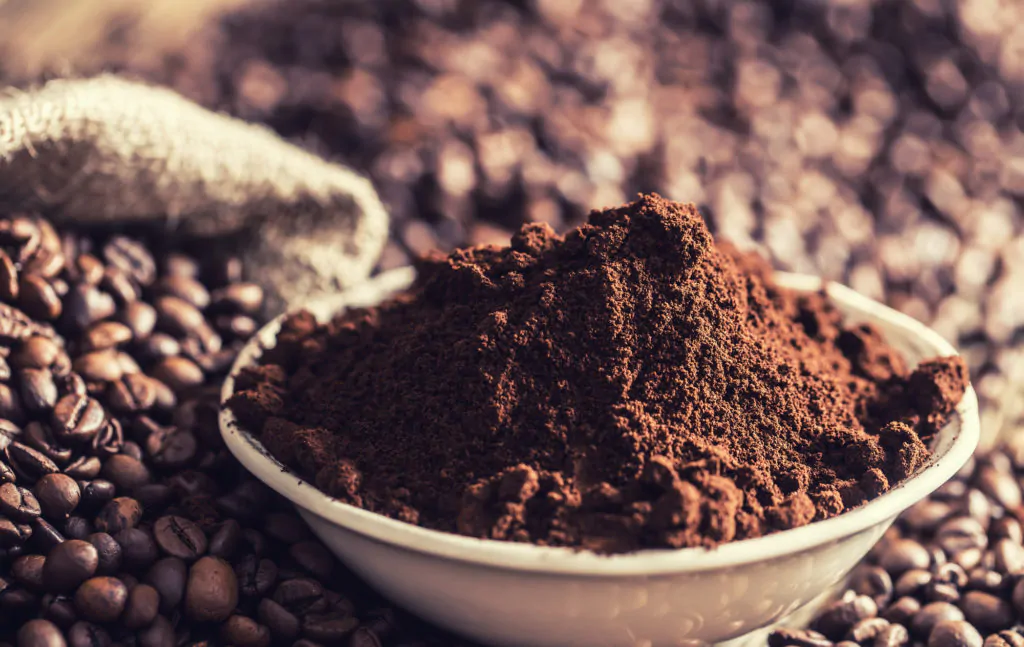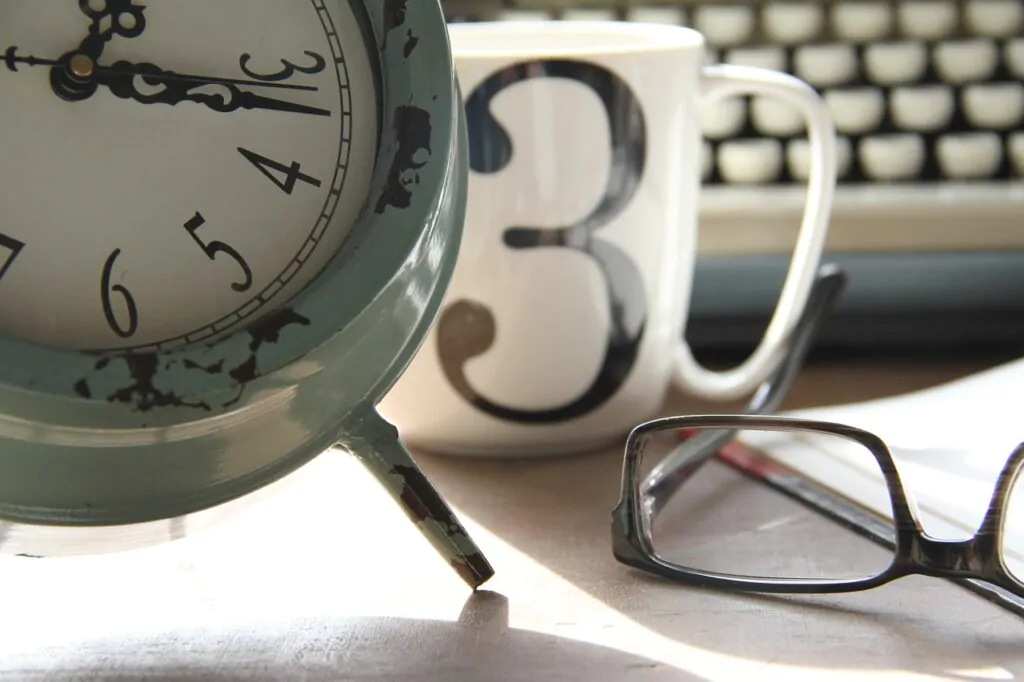What does it mean to over-extract coffee, and how can you prevent it? This article answers the question: “What is over-extracted coffee?”

Making coffee is both an art and a science. You can learn all of the technical factors involved, and still–from time to time–it may just go wrong for reasons outside of your control. However, knowing the technical aspects of coffee can help make that situation rarer.
For example, one of the most fundamental concepts in brewing coffee is extraction: every coffee-brewing method exists to extract what you want from the coffee beans while leaving behind what you don’t want.
For more hints on brewing the perfect cup, why not read our article on common brew-at-home coffee mistakes.
So what is over-extracted coffee, then? The most straightforward answer is that it’s what you get when your brewing process takes too much out of the coffee beans. But understanding how it happens and how to detect it takes a little know-how.
So read on to learn more!
Over-Extracted Coffee: The Basics
The definition of over-extraction is “the act of extracting more of something than is necessary or appropriate.” When it comes to coffee, this means extracting more of the compounds in the beans than you want or need.
All coffee brewing methods are types of extraction. All compounds we enjoy in coffee are water-soluble to varying degrees, especially caffeine. Unfortunately, some of the compounds that make coffee unpleasant are also water-soluble.
Every brewing method aims to hit a happy medium: enough extraction to get what you want from the beans, but not so much that you end up with the stuff you don’t want.
When you over-extract coffee, you end up with parts of the coffee you don’t want–or too much of the elements of the coffee you do want. For example, you want the roasty, caramelized flavor from the beans, but not the char and burned flavor present.
How Over-Extracted Coffee Happens
There are a few different ways to over-extract your coffee, depending on the brewing process you use.
Here are the three factors to keep in mind:
- Water temperature
- Grind
- Time
Any of these factors can play a role in over-extracted coffee by increasing the amount of the bad-tasting or unwanted components that end up in your final result.
Water Temperature

Water temperature is an essential factor in coffee. For hot-brewing coffee, the ideal temperature range is between 195 and 205 degrees Fahrenheit (about 90 to 96 degrees Celsius).
For cold-brewing, the water temperature is a little more forgiving; anywhere between about 40 and 140 degrees Fahrenheit is fine, though of course it’s usually brewed at room temperature, an average of 70 degrees Fahrenheit.
If the water you use to brew your coffee in hot brewing methods is higher than 205F, it’s more likely to extract the unpleasant flavors you want to avoid. Boiling (212F) is the highest risk, but anything over 205F increases the risk.
Grind

The size of your coffee grounds also impacts the amount of extraction, and grinding your coffee too fine for a particular brewing method makes it far more likely to over-extract.
For example, espresso is ground fine because only a tiny amount of water goes through the grounds, at very high pressure, very quickly; but if you put espresso-ground coffee in your drip filter, you’re likely to end up with over-extracted drip coffee.
For more advice, check out our post on how fine to grind coffee.
Time

The length of time you brew your coffee also makes a significant difference. Different brewing methods take time because of the previous two factors. However, increasing the brew time also increases the risk of bitter, unpleasant flavors in your coffee as the water will have more time to extract the water-soluble compounds in the beans.
For example: brewing french press coffee for longer than 5 minutes results in a very bitter, very difficult-to-drink brew–and that bitterness and unpleasant flavor gets worse the longer you brew.
How To Tell If Your Coffee Is Over-Extracted
Over-extracted coffee is a very unpleasant drinking experience and easy to tell apart from correctly-brewed coffee. It’s also important to know how it differs from under-extracted coffee so that you can figure out what might have gone wrong in your brewing process.
The good news is that over-extracted coffee has a few key features compared to under-extracted coffee, just as both are different from perfectly brewed coffee.
The following characteristics indicate over-extracted coffee:
- Bitterness
- Burned flavor/smell
- Oily texture
- “Separated” appearance–the oils and water don’t thoroughly mix
